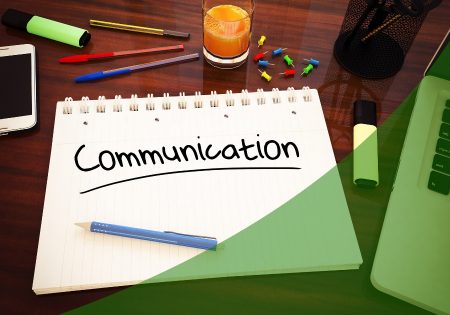With the initial chaos of the unprecedented educational shift behind us, schools across the country have been working diligently on multiple plans for getting students back to learning in a safe environment for the fall. Districts are juggling numerous unknowns and varying public opinions as they are announcing how students will resume classes. This is most likely one of the most difficult situations any school will ever face as they try to balance education with safety in a rapidly changing environment of unknowns. With no precedence and varying levels of confirmed case rates in states, cities and towns, it is virtually impossible for schools to implement a best practice plan nationwide. Each district and community are evaluating their next steps based on the guidance of their local health departments and what is feasible in their communities and available budgets.
Because of the extensive varying factors, TBDs and passionate public COVID-19 opinion, schools will be inundated with parent, student and community feedback as they announce their plans moving forward. While they will be getting the traditional phone calls, emails and few letters, social media is going to be the public sounding board of choice when it comes to questions, opinions and rants. From distance learning, rotating schedules, masks and hygiene procedures, many have a position on what schools should do and are voicing it on social media.
While many districts already have communication protocol in place, it’s good to do a double-check to make sure that you have your school’s social media response plan covered.
Here are a few points to keep in mind:
1. Make sure families hear from you first.
The local media and families have both been on edge waiting for schools to announce how classes will resume in the fall. No parent wants to hear or see it first in the local media. Be sure to communicate with families through all of your communication channels (email, phone, SMS, etc.) before sharing with the media directly.
2. Be prepared for Q&A.
As you develop your plan announcements and Q&A landing pages, additionally prepare a list of pre-approved social responses to address concerns and questions presented on social. While you may feel you have every potential response covered, people will amaze you as they come up with questions you never thought of. Be flexible and collaborate with your team regarding pre-approved social engagement responses even after you have finalized your plans.
3. Source experts.
With strong varying opinions, school’s decisions will be faced with social commentary on all ends of the spectrum. As you develop your Q&A landing pages and social responses, direct people to the expert sources you used in establishing your decisions. The experts or resources could include your local health department, CDC, Board of Education, etc.
4. Take advantage of video.
Much can be lost in translation and inflection in a typed post or announcement. Take advantage of recorded and live video sessions on social channels to provide information. Video is a great way to tell your school’s story and it gives the advantage of being able to present more information at a more personalized level.
5. Assign social moderators with Class Intercom.
As announcements are made, districts should assign a social moderator(s) to monitor all social engagement on direct posts and mentions. This individual should be well versed in the pre-approved Q&A responses, monitoring 7 days a week, listening and reporting back feedback and concerns to the administration.
With the assistance of Class Intercom, you can create a single post for multiple social channels, view all your social profiles, approve posts, and manage content and engagement – all from a single dashboard on mobile or desktop. Click here to sign up for a demo.
With the Coronavirus environment changing daily and a potential vaccine on the horizon for the next school year, districts will continue to be maintaining and changing plans A, B, C, D, E and F for the next 11 months. This also means that their social media response communication plan components will continue to develop. Check out Class Intercom’s School COVID-19 communication resources for more tips and support resources.
